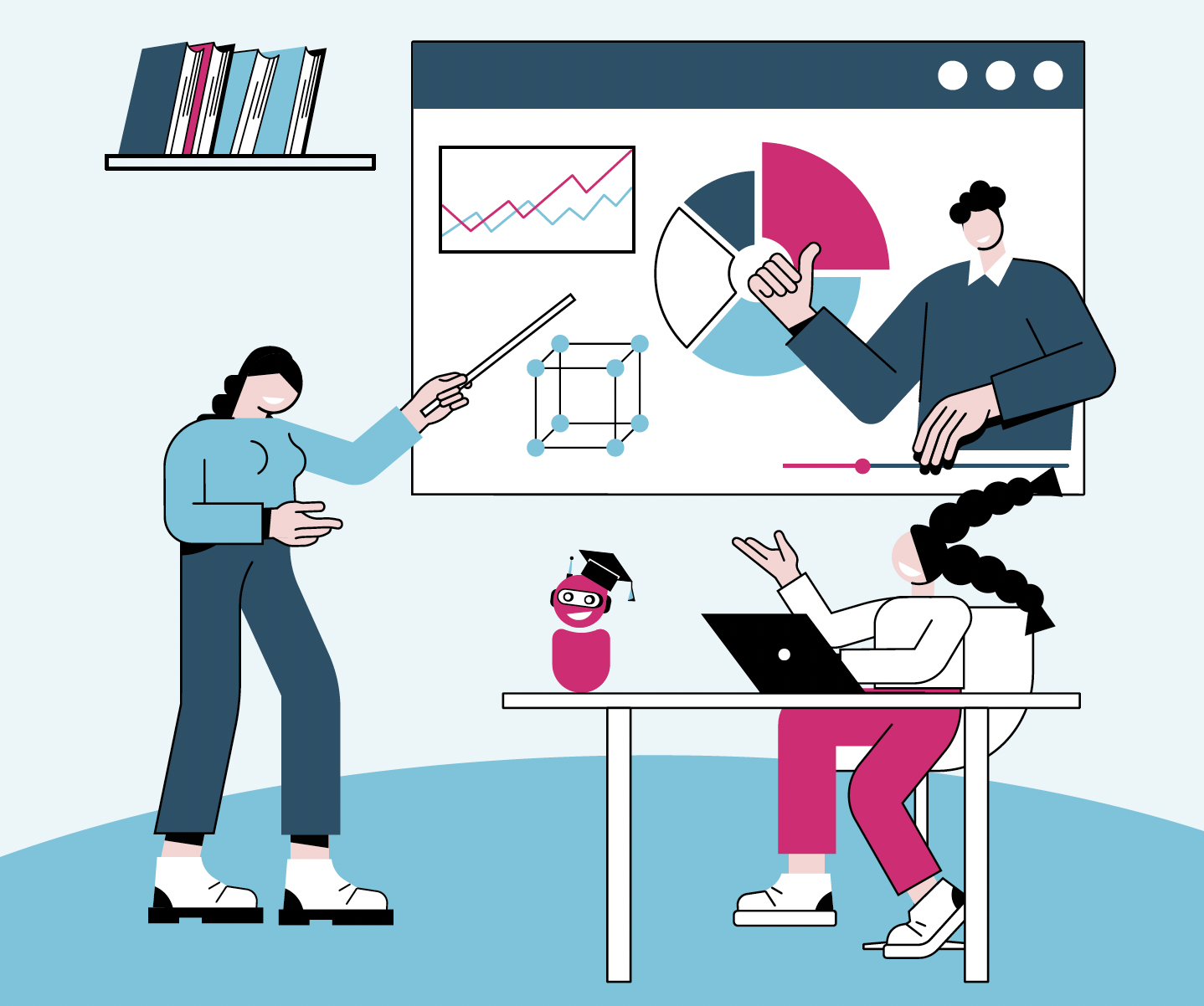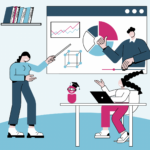The guide ‘Künstliche Intelligenz in der Schule’ by Deutsche Telekom Stiftung provides an insightful overview of how artificial intelligence (AI) can be integrated into educational settings. It outlines seven key AI technologies that can enhance learning, teaching, and school management.

Here are the key points and strategic insights derived from the document:
- Text-Generating and Translating Systems
- These systems create and translate text, supporting tasks like generating learning materials, providing feedback, and aiding language learning.
- Applications include ChatGPT, DeepL, and PEER.
- Material- and Image-Generating Systems
- They produce images, videos, and other educational materials, fostering creativity and saving time for teachers.
- Examples include Stable Diffusion and Curipod.
- Text-to-Speech and Speech-to-Text Systems
- These convert text to speech and vice versa, improving accessibility for students with disabilities and supporting language learning.
- Tools such as Speechify and Babbel are used here.
- Intelligent Tutoring and Recommendation Systems
- They provide personalized learning experiences and adaptive feedback, enhancing student engagement and performance.
- Examples include bettermarks and FeedBook.
- Exam-Supporting Systems
- These assist in creating, administering, and grading exams, offering personalized feedback and reducing teacher workload.
- Tools like Languagetool and Zengrade are notable here.
- Learning Analytics and Educational Data Mining
- They analyze student data to predict learning outcomes and tailor educational experiences, aiding in personalized learning paths.
- Examples include Eduten and eKidz.
- Educational and Classroom Management Systems
- These systems streamline administrative tasks, resource management, and communication, enhancing overall school efficiency.
- Tools like Mersys Campus and Untis/Webuntis are used.
Conclusion
The guide emphasizes that integrating AI in schools can significantly enhance the educational experience for both teachers and students. It provides hands-on tools and practical solutions for personalized learning, administrative efficiency, and improved accessibility, making it an invaluable resource for modern education.
Read on to find out more: https://www.telekom-stiftung.de/sites/default/files/files/Leitfaden-kompakt-KI-Schule.pdf
